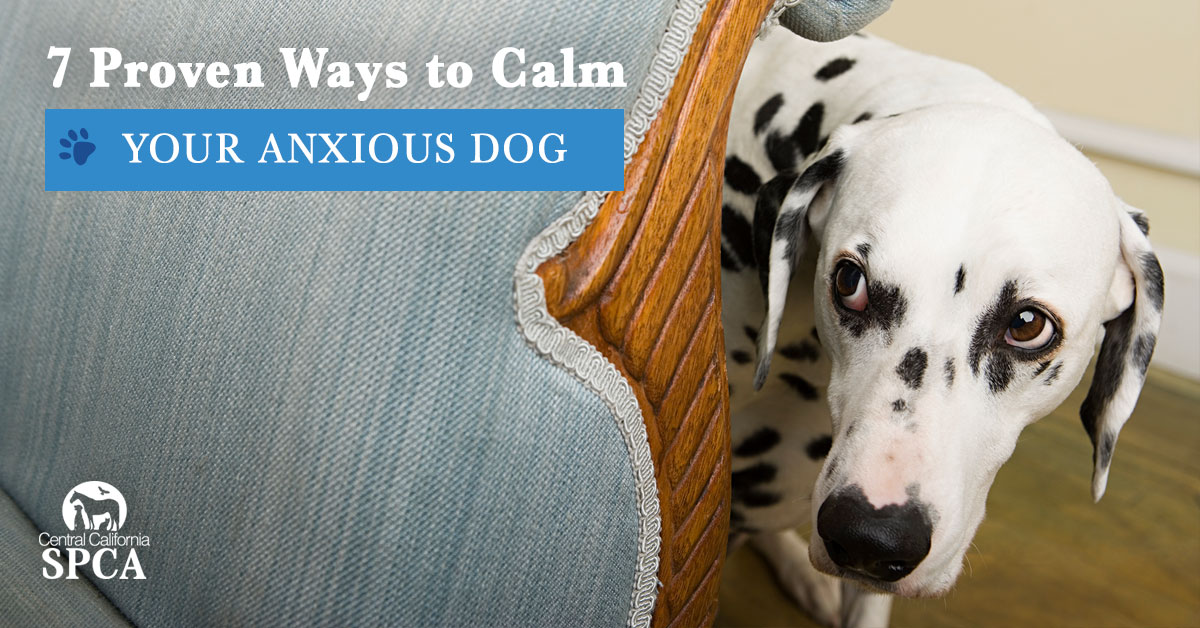Dogs and Separation Anxiety
Dogs can suffer from separation anxiety just like humans. This is when they become anxious or stressed when they are away from their owner. Symptoms of separation anxiety in dogs can include whining, barking, pacing, panting, shaking, and destruction of property.
Separation anxiety is a serious problem that can be very damaging to your dog’s health. If not treated properly, it can lead to serious health problems such as gastrointestinal issues, heart problems, and even depression.
There are several things you can do to help your dog with separation anxiety. First, you should make sure that your dog has plenty of exercise. A tired dog is a calm dog. Make sure to take your dog for long walks or runs every day. You should also give your dog plenty of attention when you are home. Spend time playing with your dog and giving them belly rubs.
You should also create a safe space for your dog where they can go to relax. This could be a crate or a designated spot in your home where your dog feels safe and comfortable. You may need to experiment with different types of crates or beds before you find one that your dog likes.
If you think your dog may be suffering from separation anxiety, talk to
What to do when your dogs is showing signs of anxiety
If your dog is showing signs of anxiety, there are a few things you can do to help them.
First, try to create a calm environment for your dog. This means avoiding anything that could trigger their anxiety, such as loud noises or sudden movements. If possible, give them a safe space to retreat to, such as a crate or bed. You can also try using calming aids such as music or pheromone diffusers.
Second, provide your dog with plenty of exercises and mental stimulation. This will help to tire them out and relieve some of their stress. Take them for walks, runs, or play games with them. Be sure to vary the activities so they don’t get bored.
Third, keep up with your dog’s training. This will help them to feel more confident and secure. If they know they have a job to do, it will help to take their mind off of their anxiety.
By following these tips, you can help your dog to cope with their separation anxiety.
Tips for preventing separation anxiety in dogs
Here are a few things you can do to help prevent separation anxiety in dogs. First, make sure that you give your dog plenty of exercise. A tired dog is less likely to be anxious. second, provide your dog with plenty of opportunities to socialize with other people and animals. This will help them to be less afraid of being away from you. Finally, make sure that you have a consistent routine when you leave the house. If your dog knows when to expect you to leave and when you will be back, they will be less likely to get anxious.
If you think your dog may already have separation anxiety, there are a few things you can do to help them. First, try to create a calm environment for your dog when you leave them alone. This may mean playing soft music or leaving them with a toy that they can chew on. second, try not to make a big deal out of coming and going. If you act like it’s no big deal, your dog will be less likely to get worked up about it. Finally, make sure that you give your dog plenty of attention when you are home. This will help them to feel loved and secure, and it will help to reduce their anxiety.
Other ways to help with separation anxiety
If your dog is showing signs of separation anxiety, there are a few things you can do to help them feel more comfortable.
First, try to create a calm environment for your dog when you leave. This means avoiding making a big fuss when you leave and not returning home until they have settled down. If possible, have someone stay with them while you are gone so they are not left alone.
You can also provide them with some toys or chew toys that will keep them occupied while you are gone. These should be given to them before you leave so they associate them with positive feelings.
Finally, make sure to give your dog plenty of exercises before you leave. A tired dog is more likely to sleep while you are gone and less likely to become anxious. If possible, take them for a long walk or run before you go.
